On 14-15 of February, the IS2H4C consortium met in Enschede, Netherlands, to kick-off the project, aligning on objectives, timelines, communication, and coordination planning for the first phase of the project.
The consortium will implement its innovative model in four key hubs across Europe: Hub Twente in the Netherlands, Basque Hub in the north of Spain, Höchst Industrial Park in Germany, and Izmir-Manisa Hub in Türkiye. The European Commission has granted a substantial 20 million euros to this transformative initiative, bringing the total budget to 23.5 million euros.

The consortium, made up of 31 partners from 9 countries is very balanced and diverse, as it comprises 3 universities, 8 RTOs, 6 NGOs, 8 large industrial partners, 7 SMEs and 3 co-affiliated partners to ensure scientific, practical, societal and policy collaboration, with the goal to reach a systemic shift at regional scale for industrial symbiosis networks in Europe.
The project’sambition is to set a new standard in sustainable regional development models, paving the way for a cleaner, greener future. Its implementation is poised to have a profound impact on industrial practices, societal well-being, and environmental sustainability, making it a landmark initiative in Europe’s journey towards a circular economy. IS2H4C also facilitates the market penetration of hubs for circularity through novel financial schemes and social innovation approaches unlocking public and private investment.
On Day 1, The dean from Behavioral, Management and Science Social Science Faculty, Prof. Tanya Bondarouk greeted the partners and highlighted the importance of a necessary connection between science and real world, and the importance of such transnational collaboration to create knowledge that is actionable. She also highlighted that circular economy is extremely high on the agenda and a priority topic for the university of Twente.
In the afternoon, partners enjoyed a study visit to the H2 Hub Twente, one of the 4 circular hubs where the project will test its innovative technologies for accelerating Industrial Symbiosis.
In their specific case, with the support of the project, a collaboration is being set up with the Vechtstromen Water Board that aims to optimize the efficiency of hydrogen production in combination with the adjacent water purification.
In addition, there will be a demo for replacing natural gas with hydrogen in the Enschede crematorium and a hydrogen demo for a row of five houses in Aadorp, where natural gas is replaced by a hydrogen boiler.
On Day 2, before the partners delved into the tasks regarding the different workpackages, the EC Project Officer from HADEA, Antonios Konstantas, introduced the specific call priorities (TWIN GREEN AND DIGITAL TRANSITION 2023 (HORIZON-CL4-2023-TWIN-TRANSITION-01) and had the chance to be introduced to all work package leaders.



